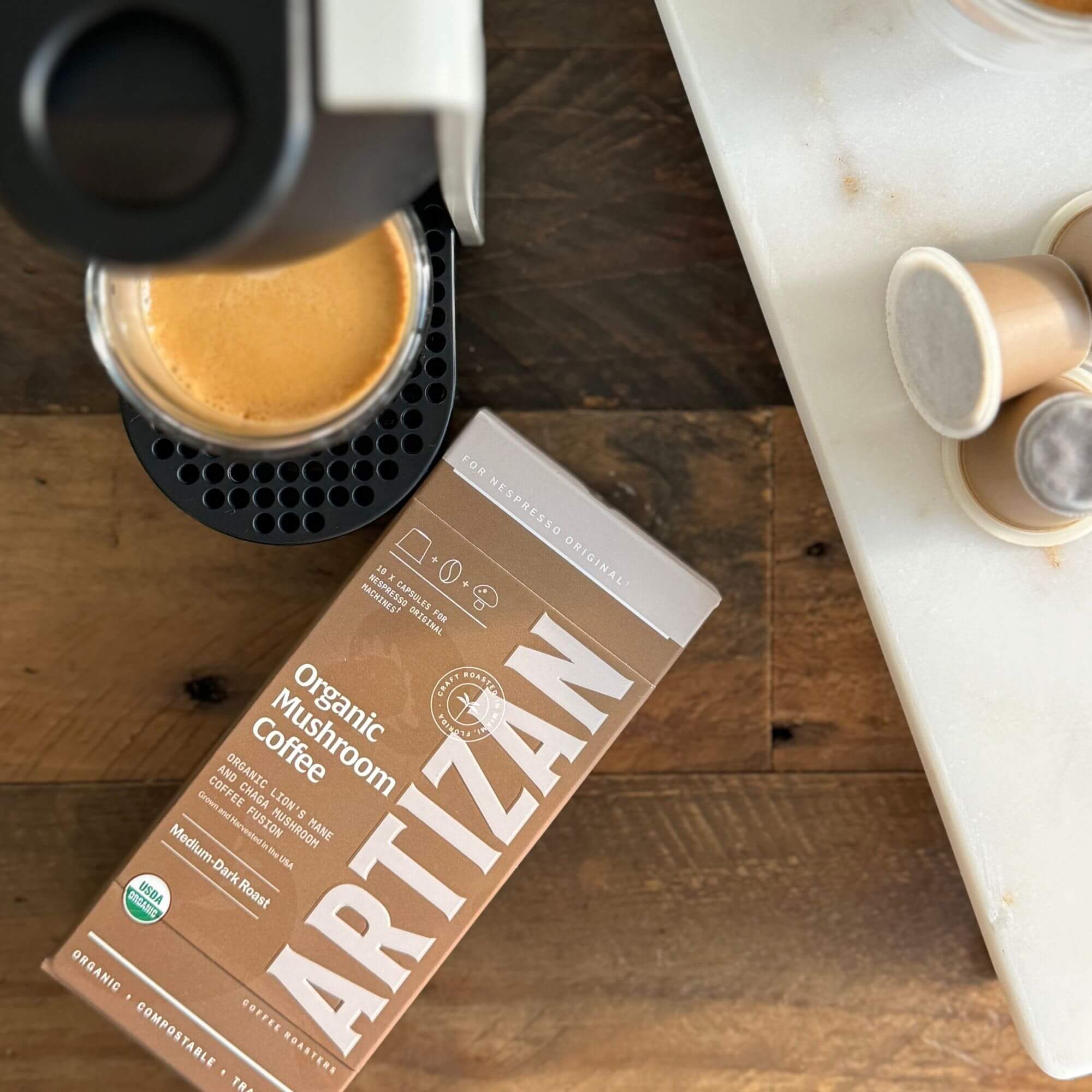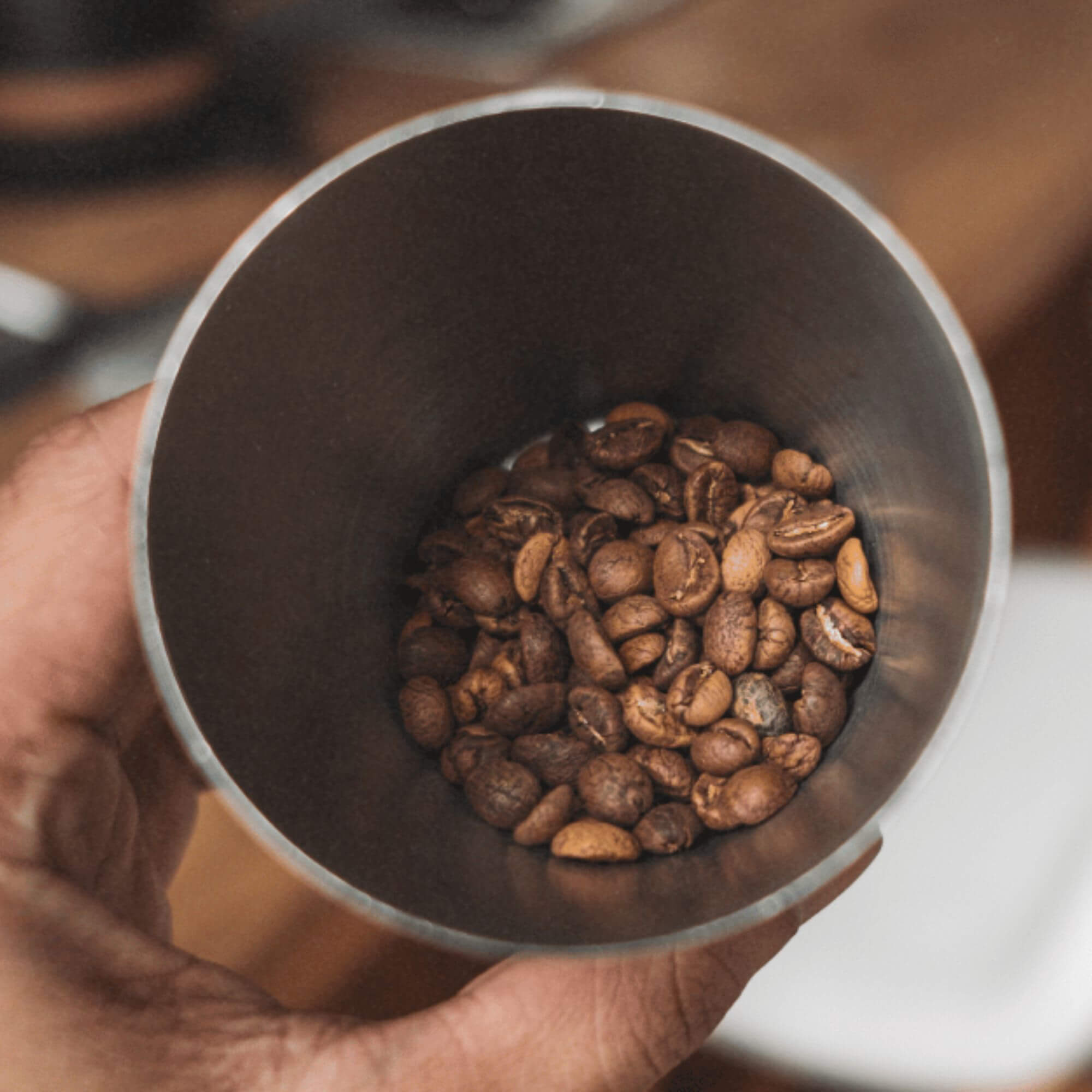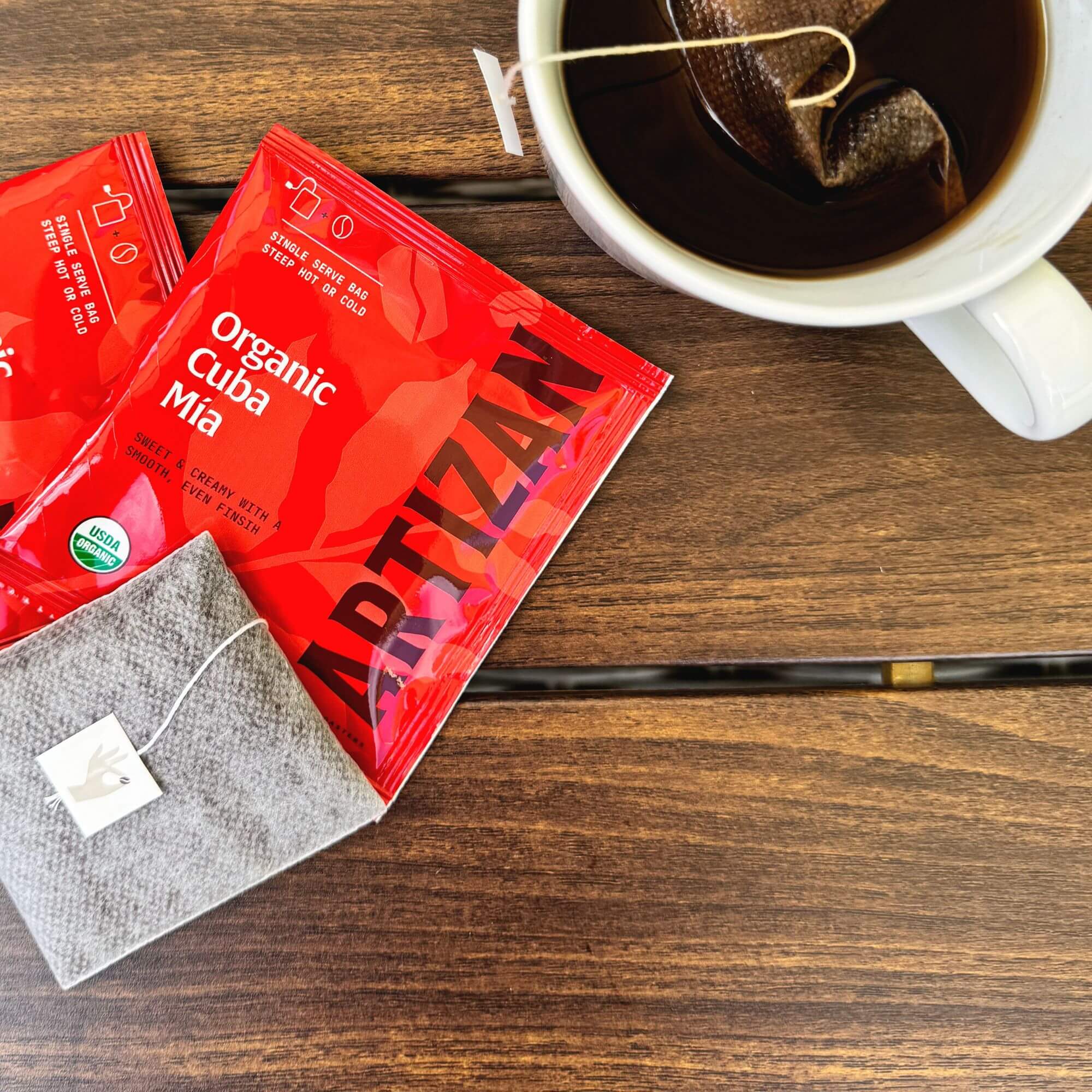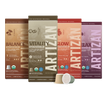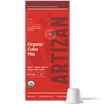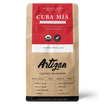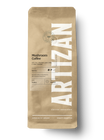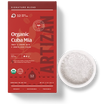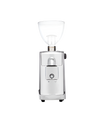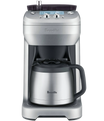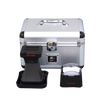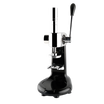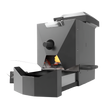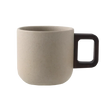Imagine a coffee that not only wakes you up but also offers unique health benefits beyond caffeine. Mushroom coffee has been gaining attention from wellness blogs to grocery shelves as a functional alternative to regular coffee. But is this earthy blend really a better choice or just another trendy fad?
If you’re careful about your caffeine intake, gut health, or mental clarity, you might be wondering: Is mushroom coffee the right fit for your lifestyle?
In this article, you will learn who might benefit from mushroom coffee and who should probably avoid it. We will explore the possible health effects, taste, and how it compares to regular coffee. By the end, you will know if this unique brew deserves a place in your daily routine.
Potential Benefits: Who Might Benefit Most?
Mushroom coffee is popular among wellness enthusiasts for its reputation as a cleaner, more functional beverage. If any of the following apply to you, it may be worth considering.
-
You're sensitive to caffeine: Mushroom coffee typically contains 40–75 mg of caffeine per cup, compared to the 95–120 mg in a standard cup of black coffee.
-
You’re trying to reduce jitters or anxiety: The lower caffeine content combined with mushroom extracts may result in a calmer energy.
-
You want digestive support: Some mushroom types are rich in prebiotic fibers and beta-glucans that may benefit gut health.
-
You value antioxidant intake: Certain mushrooms offer polyphenols and antioxidants that could support immune function.
- You're managing stress: Mushroom coffee is sometimes marketed for its potential to support the body’s stress response.
Who Should Probably Skip It
While mushroom coffee may have advantages, it’s not a perfect fit for everyone. Here are scenarios where it might be best to stick to organic coffee.
-
You have allergies or sensitivities to fungi: If you're sensitive to mushrooms or similar foods, mushroom coffee could cause a reaction and might not be the best choice.
-
You’re pregnant or breastfeeding: The safety of many mushroom extracts hasn't been well-studied for pregnant individuals. Always consult your healthcare provider.
-
You're on medications: Some mushroom compounds can interact with medications, especially those related to the immune system, blood sugar, or blood pressure.
- You’re looking for a strong energy boost: If you rely on caffeine to power through the day, mushroom coffee may feel too mild.
Beyond the Buzzwords: How to Choose a Good Mushroom Coffee

With so many functional coffee brands flooding the market, knowing what to look for can help you avoid gimmicky or low-quality options. Just because a label says “adaptogenic” or “with mushrooms” doesn’t mean it’s potent or even safe.
When reading labels, consider these key factors:
-
Full-spectrum vs. isolated extract: Full-spectrum mushroom powders provide the complete range of nutrients from the fruiting body, offering a balanced profile. Isolated extracts may target one compound but often lack the broader benefits.
-
Mushroom source: Opt for products that clearly state where their mushrooms are grown. Organically cultivated mushrooms are preferable to mycelium grown on grain, as they tend to have higher concentrations of beneficial compounds and no contaminants.
-
Caffeine content: Not all mushroom coffees have reduced caffeine. If you’re sensitive, check that the exact caffeine amount per serving is listed so you can manage your intake effectively.
-
Other ingredients: Avoid blends containing artificial flavors, sweeteners, or filler starches like maltodextrin, which can dilute the product’s quality and benefits.
- Third-party testing: Reliable brands conduct testing for heavy metals, mold, and potency, and they share these results publicly to ensure transparency and consumer safety.
A Quick Label Decoder: What the Terms Actually Mean
Here’s a breakdown of what some common mushroom coffee claims really mean, and what to watch out for.

Is Mushroom Coffee Truly “Healthier” Than Regular Coffee?

For many people, mushroom coffee can be a healthier option than regular coffee, especially if you're sensitive to caffeine or looking to support your overall wellness. It typically contains less caffeine per serving, which may help reduce jitters, improve sleep quality, and lessen the risk of afternoon crashes.
That said, not all mushroom coffee is created equal. To get the most out of your cup, look for products that are certified organic or tested for contaminants. The most effective options use full-spectrum mushroom powder instead of cheap mycelium or isolated extracts, and they are made from mushrooms grown in clean, traceable environments.
It also helps if the brand clearly lists the caffeine content per serving, so you can manage your intake more effectively. Just like with traditional coffee, the source and formulation make all the difference.
A study published in the Journal of Medicinal Food found that certain medicinal mushrooms contains bioactive compounds that may support cognitive function and reduce fatigue, lending scientific support to the functional benefits attributed to mushroom coffee blends
Sustainability Considerations
Many health-conscious coffee drinkers are also thinking about the planet. So how does mushroom coffee stack up in terms of sustainability?
This depends heavily on how both the mushrooms and the coffee beans are grown and processed. Unfortunately, not all mushroom coffee brands use organic or sustainably sourced ingredients. That means you may unknowingly support monoculture or chemical-heavy farming unless you choose wisely.
In contrast, certified organic coffees like Artizan Coffee are grown without synthetic pesticides or fertilizers, protecting ecosystems and reducing your exposure to toxins. Plus, Artizan offers home compostable pods, which makes it easy to reduce your plastic waste footprint without giving up quality or flavor.
How Mushroom Coffee Fits Into Your Daily Routine
Mushroom coffee can easily become a beneficial part of your daily ritual, especially if you want a balanced, gentler caffeine experience. Since mushroom coffee usually contains less caffeine than traditional coffee, it is perfect for mornings when you want a calm, focused start or for afternoons when you need a subtle lift without overstimulation.
High-quality mushroom coffee made from organic, full-spectrum mushroom powders blends well with premium organic coffee beans grown without synthetic chemicals, ensuring a clean, smooth flavor that will not overwhelm your palate. This makes it easier to enjoy daily without the bitter or harsh aftertaste sometimes found in lower-quality blends.
You can enjoy mushroom coffee on its own or customize it with plant-based milk, natural sweeteners, or warming spices like cinnamon for added comfort and health benefits. Some people like to alternate mushroom coffee with regular organic coffee throughout the day to balance energy levels by using mushroom coffee for gentle sustained focus and regular coffee when they need a stronger caffeine boost.
Should You Start Drinking Mushroom Coffee?
If you’re seeking a milder, functional alternative to regular coffee that may be gentler on your stomach and anxiety levels, mushroom coffee is definitely worth trying. While it’s not a miracle cure and benefits can vary from person to person, many find it a helpful addition to their routine. For those who prefer a classic experience, a high-quality organic coffee remains a reliable choice.
That’s where Artizan Coffee stands out! Offering certified organic coffee in whole bean, ground, and home-compostable pods, all free from synthetic chemicals and bursting with rich, clean flavor.
Whether you’re exploring functional beverages like mushroom coffee or sticking with traditional brews, our blends are crafted to support both your health and the planet.


